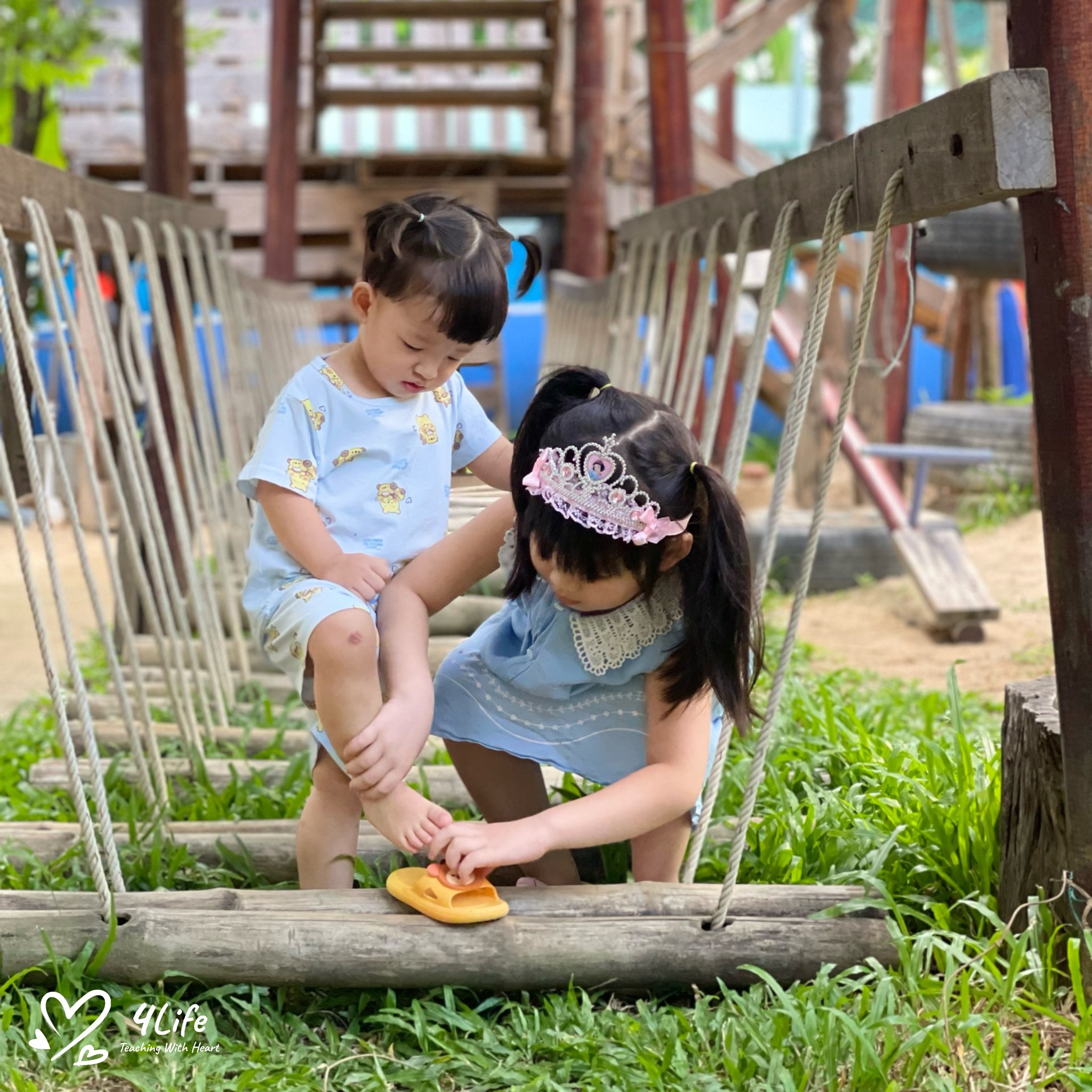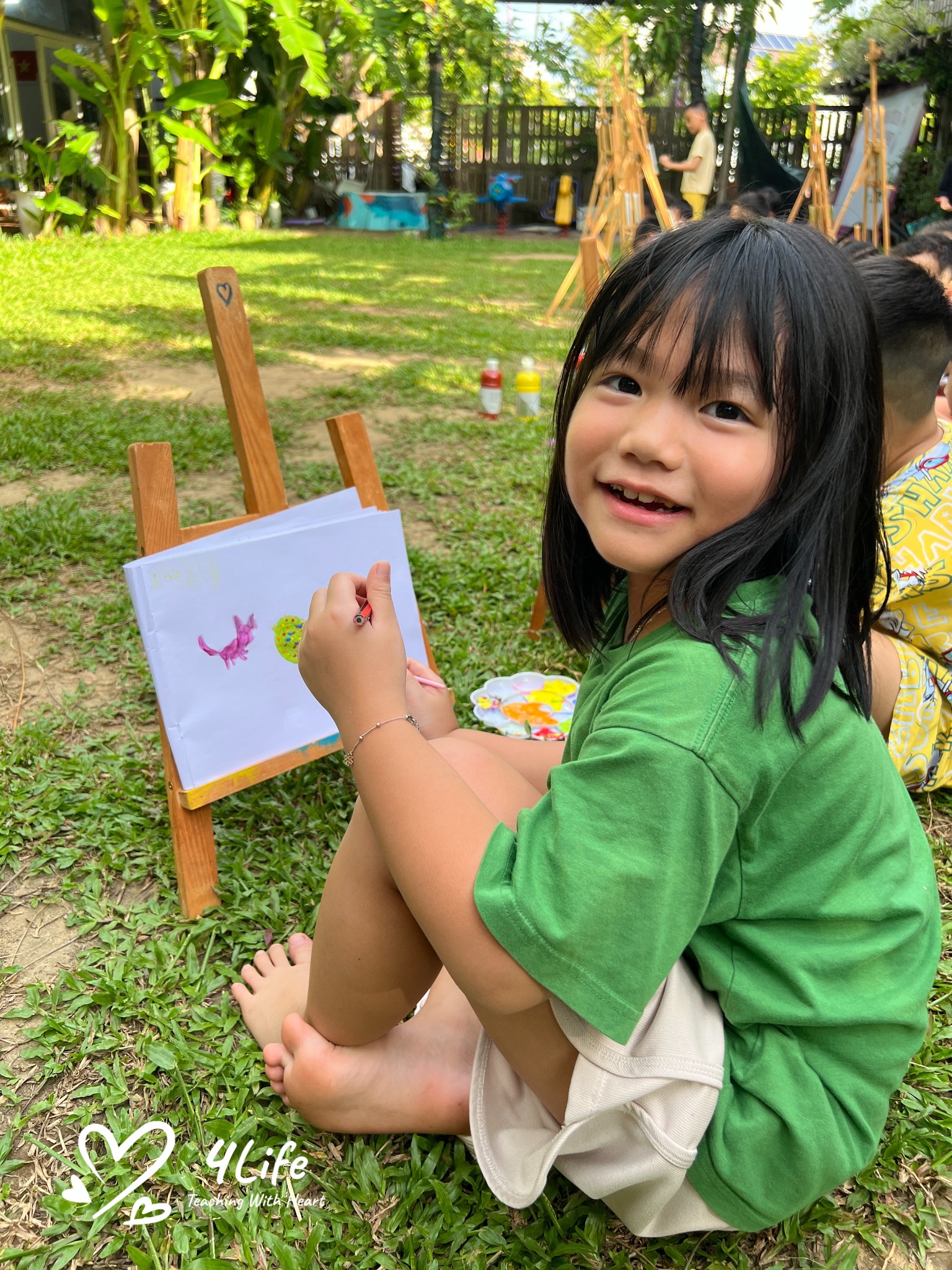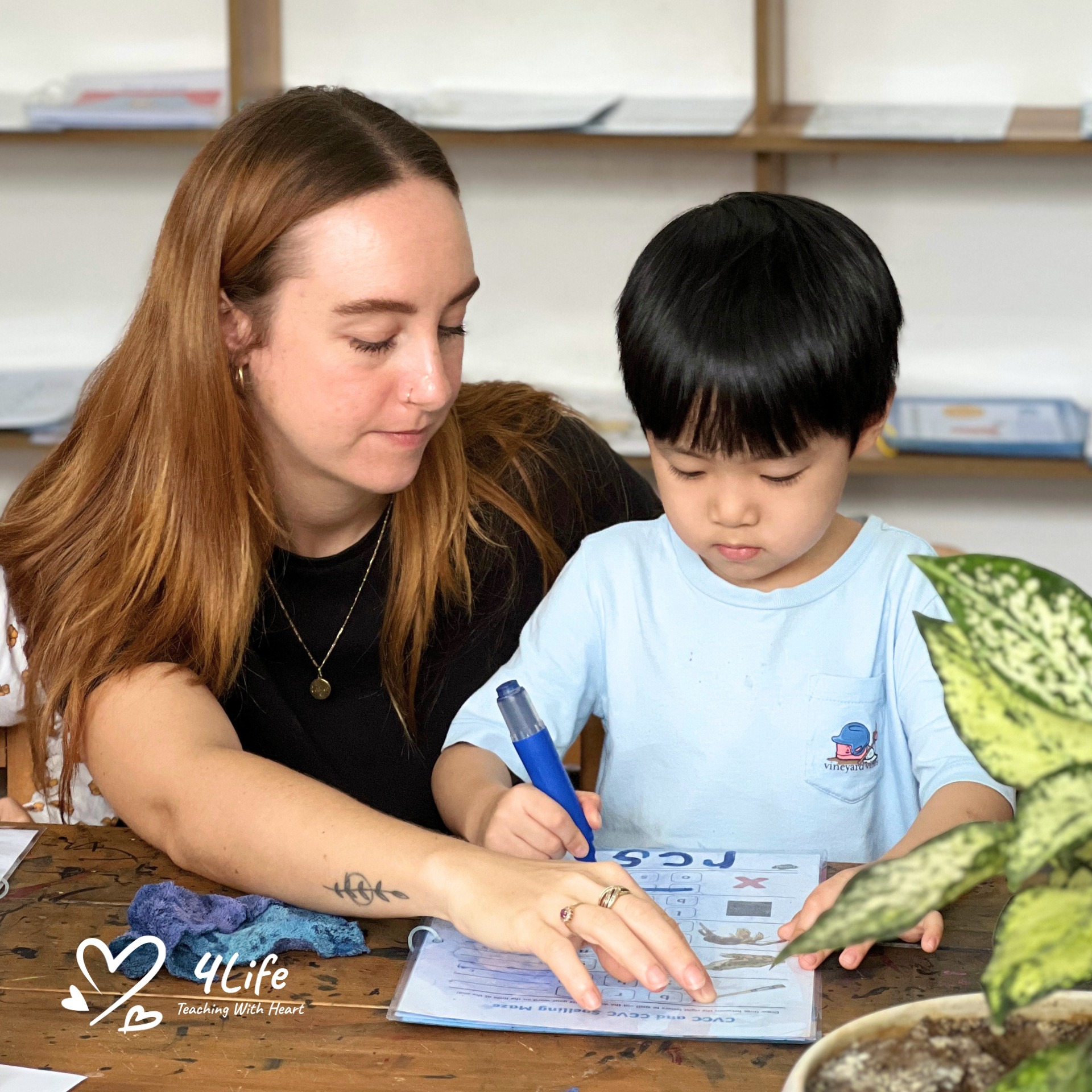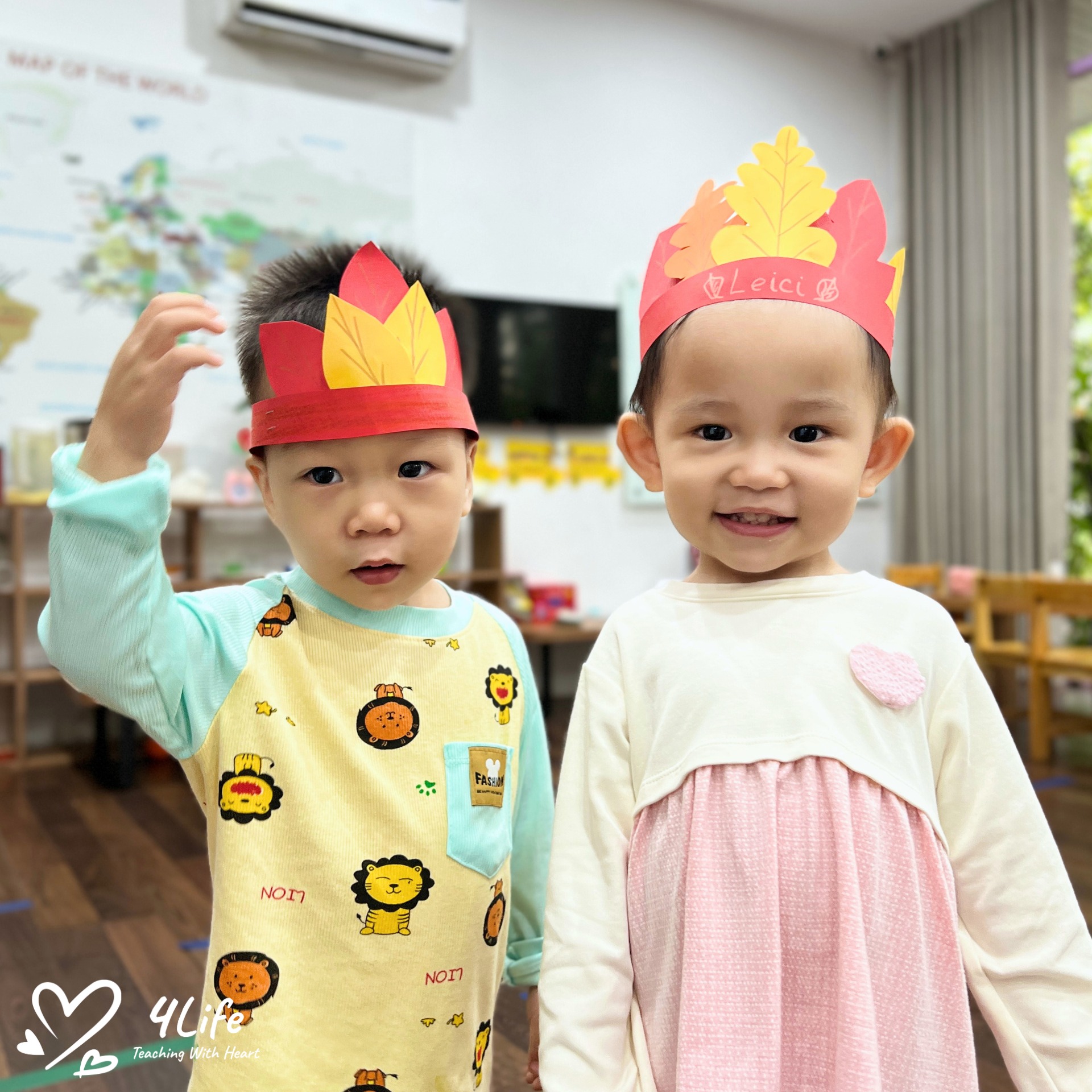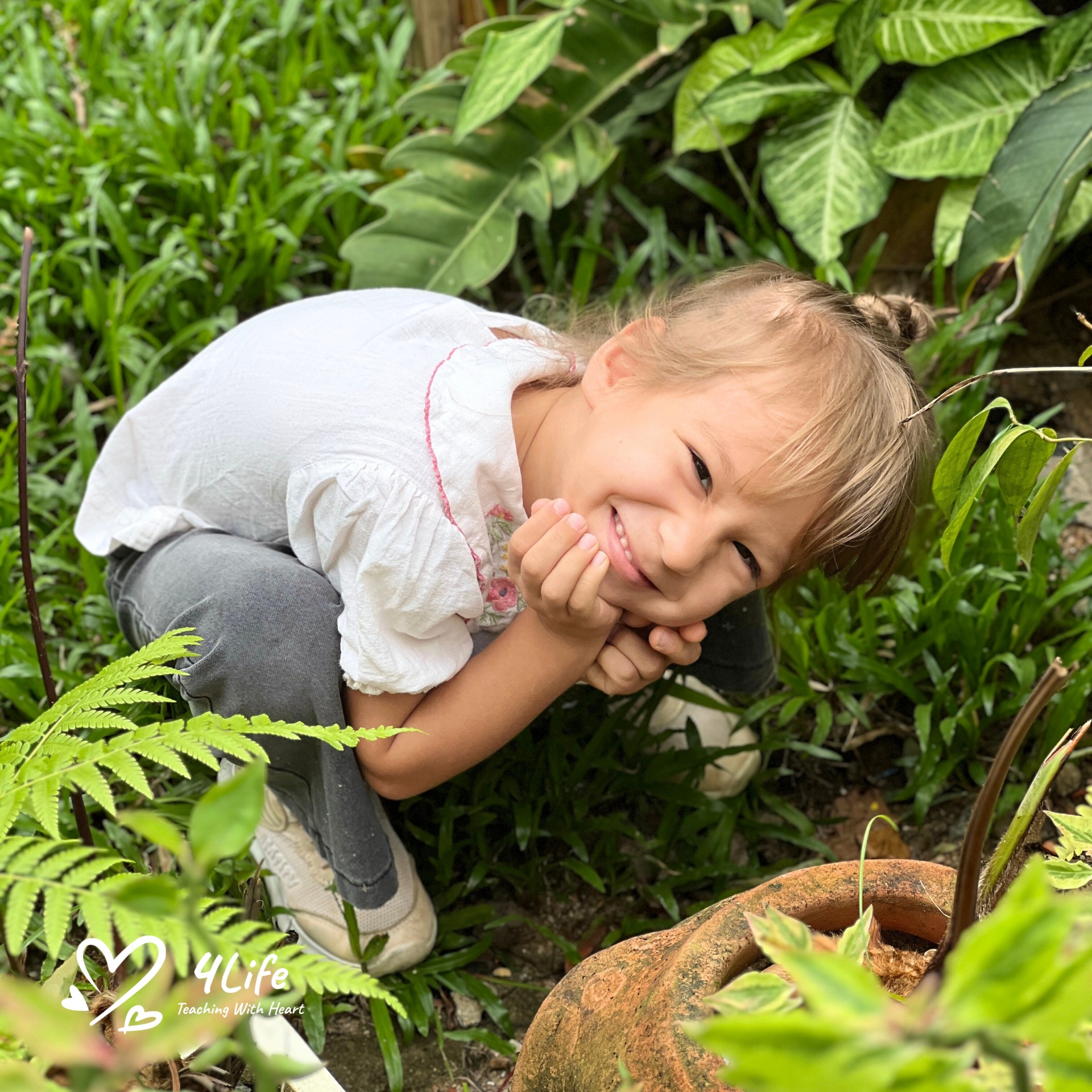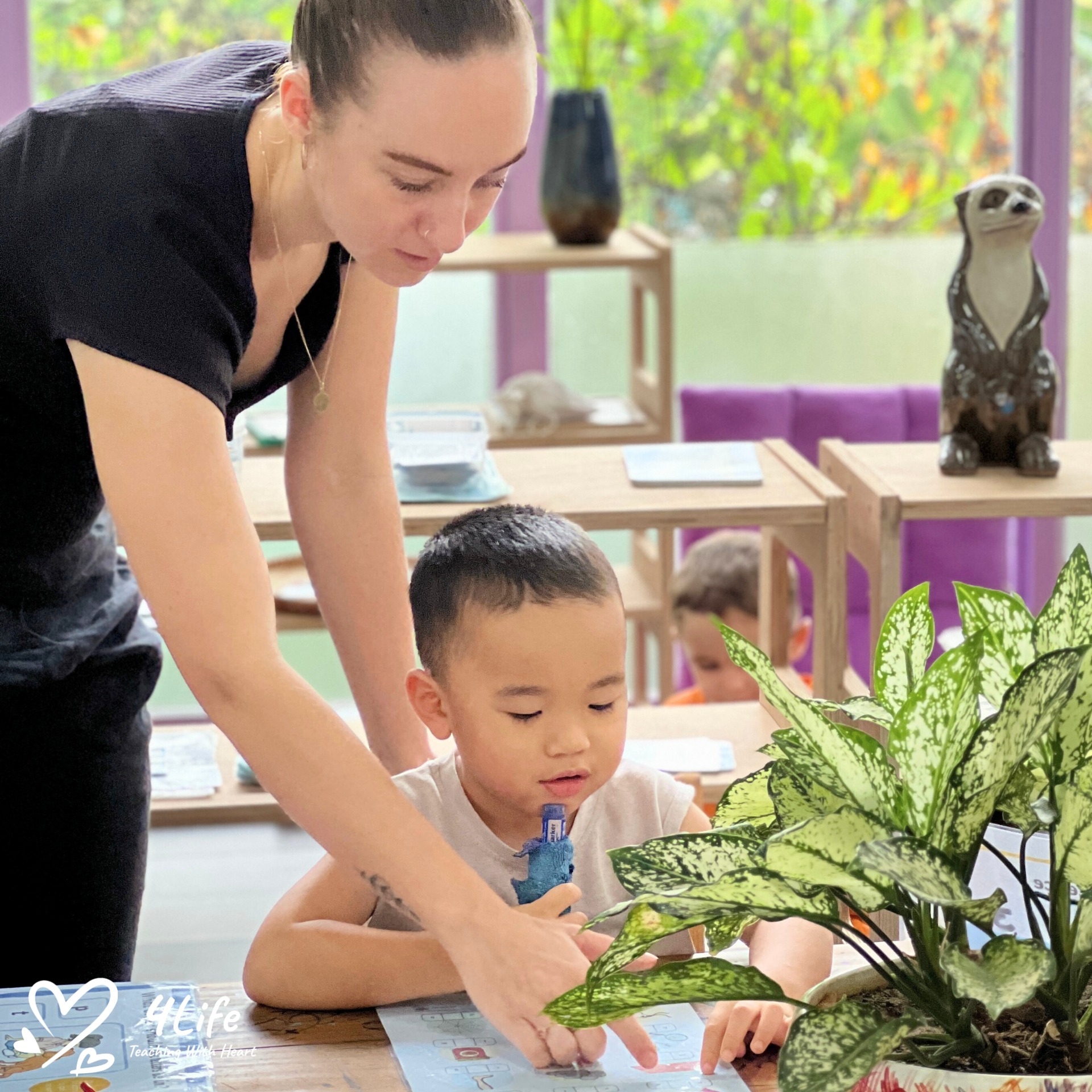4Life Happiness Philosophy
Mission of Education
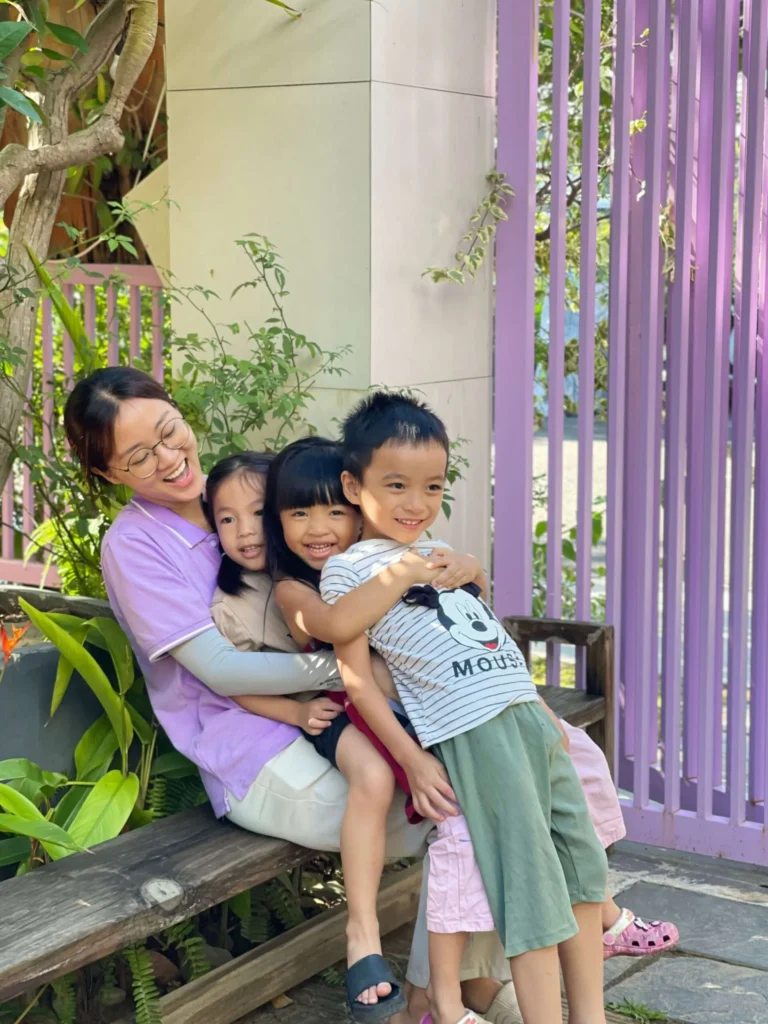
We are living in two worlds,
The relationship between nature and nurture shows that our children live not in one world but in two. We live in two worlds as well. These are the world around us and the world within us. The world around us exists whether or not we exist: it was there before we were born, and it will be there after we’re gone. It is the physical world of nature and the material environment, as well as the social world of other people, history, and culture. Education must help young people understand that world: how it works and how they can navigate it. The world within us exists only because we exist. It came into being when we did, and it will end when we do (according to our beliefs). It’s the world of our own consciousness: our feelings, ideas, private imaginings, hopes, and anxieties.
Education should help our children understand their inner world, too: how they feel, think, and see themselves, as well as the talents, interests, and characteristics that make them who they are.
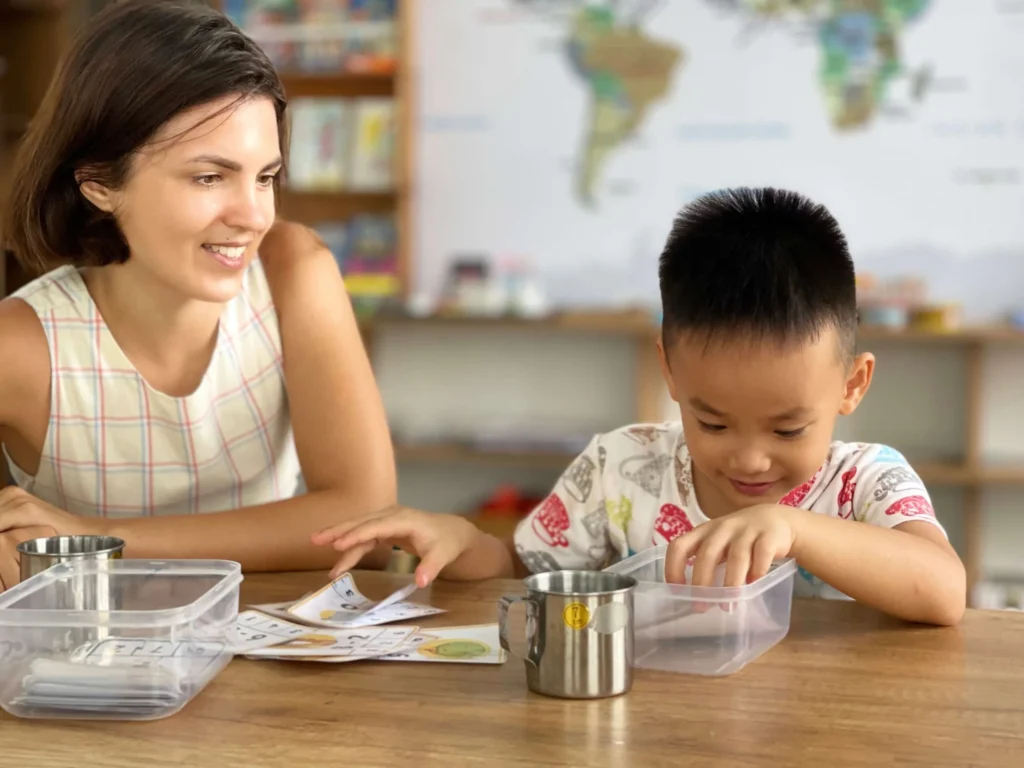
As educators, we should pay equal attention to both of these worlds, both in what our children learn and in how they’re taught. How we think about the world around us is deeply affected by our feelings and attitudes; how we feel is shaped by our knowledge and experience of the world around us. To engage our children in both worlds, 4Life offers them a rich curriculum and a wide range of learning experiences through which to explore it.
So, what overall educational value do we want to give our children? To enable students to understand the world around them and the talents within them so that they can become fulfilled individuals and active, compassionate citizens.
Three axioms of 4Life Happiness Philosophy
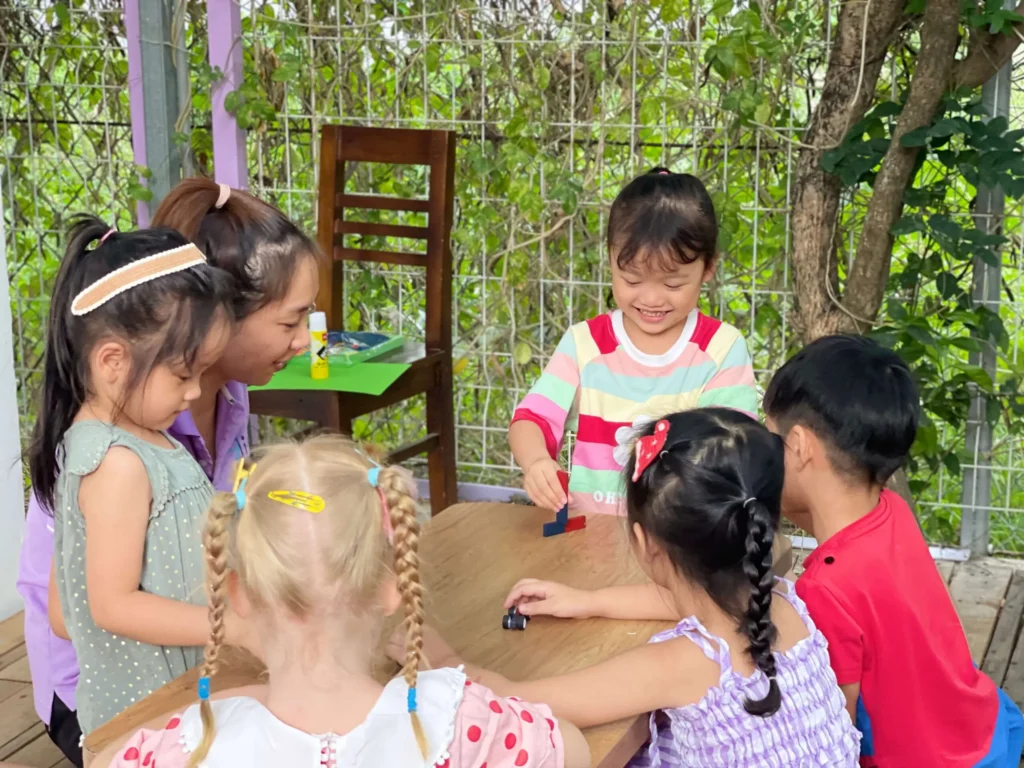
“Each child is a unique individual with distinct talents, abilities, and potential waiting to be discovered and nurtured. Education should be the best environment for this seed to sprout, grow up and become the best version of itself.” – Lê Ngọc Thanh
In today’s fast-paced and often competitive world, it is easy to overlook the profound diversity that exists among children. Our society often measures success through standardized metrics, unintentionally overshadowing each child’s individuality.
It’s important to acknowledge that our children have a wide range of talents and skills, from artistic and creative activities to scientific and analytical pursuits. Some excel in verbal communication, while others thrive in hands-on activities. Some are naturally inclined towards leadership, while others shine as team players. The spectrum of unique qualities our children bring to the table is limitless.
As parents and educators, it is our collective responsibility to create an environment that allows each child to flourish according to their unique strengths and interests. This entails embracing diverse learning styles, encouraging exploration, and providing opportunities for self-discovery. By doing so, we not only celebrate the individuality of each child but also foster a sense of self-worth and fulfillment that can propel them toward a lifetime of meaningful achievements.
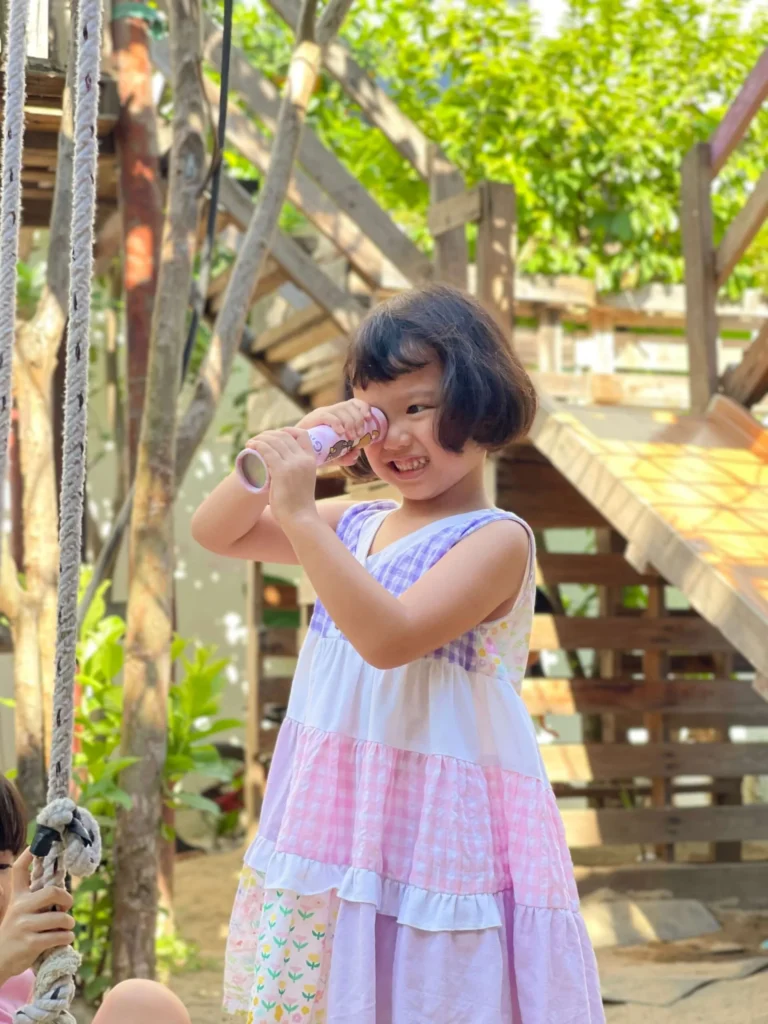
It’s important to acknowledge that our children have a wide range of talents and skills, from artistic and creative activities to scientific and analytical pursuits. Some excel in verbal communication, while others thrive in hands-on activities. Some are naturally inclined towards leadership, while others shine as team players. The spectrum of unique qualities our children bring to the table is limitless.
As parents and educators, it is our collective responsibility to create an environment that allows each child to flourish according to their unique strengths and interests. This entails embracing diverse learning styles, encouraging exploration, and providing opportunities for self-discovery. By doing so, we not only celebrate the individuality of each child but also foster a sense of self-worth and fulfillment that can propel them toward a lifetime of meaningful achievements.
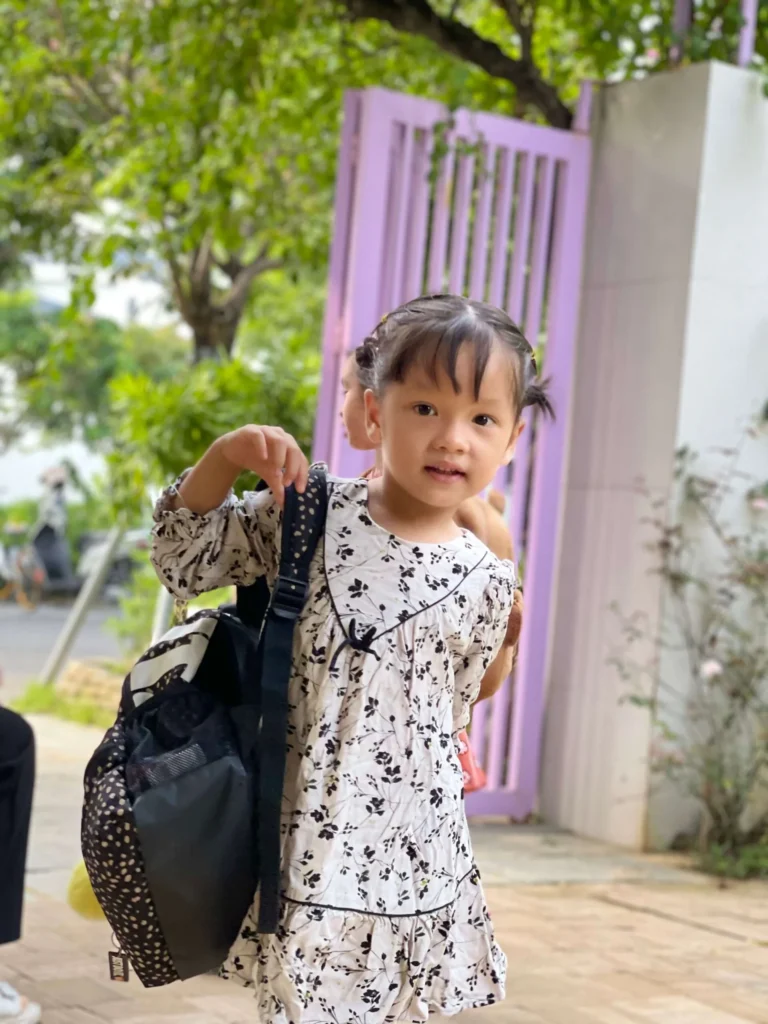
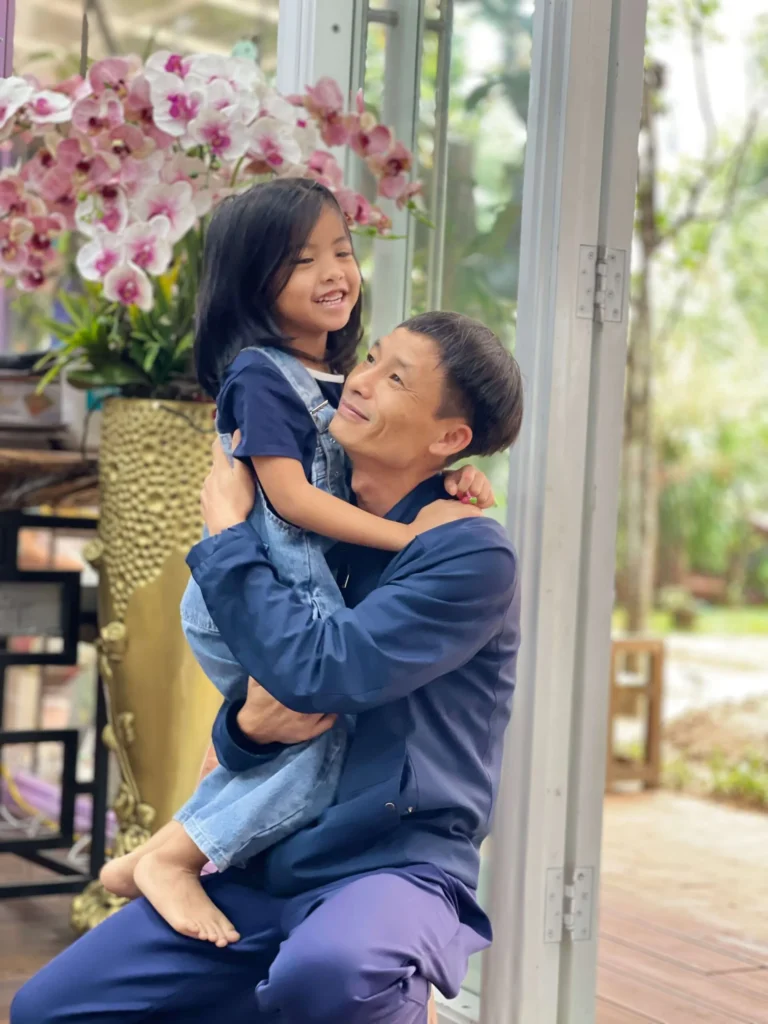
“A teacher without empathy and compassion is as useless as a book without light.” – Robert John Meehan
We believe that compassion and empathy are essential elements in any educational environment, as they contribute to living a healthy and happy life.
An environment with empathy can connect with students on a deeper level, recognizing their emotions, struggles, and needs. In there, educators understand what’s happening below the surface, acknowledging and considering what they see and feel and what they don’t see, which creates a supportive and nurturing environment where students feel understood and valued. Only by understanding their students in the context of the whole can teachers accurately understand their students’ problems and come up with effective solutions.
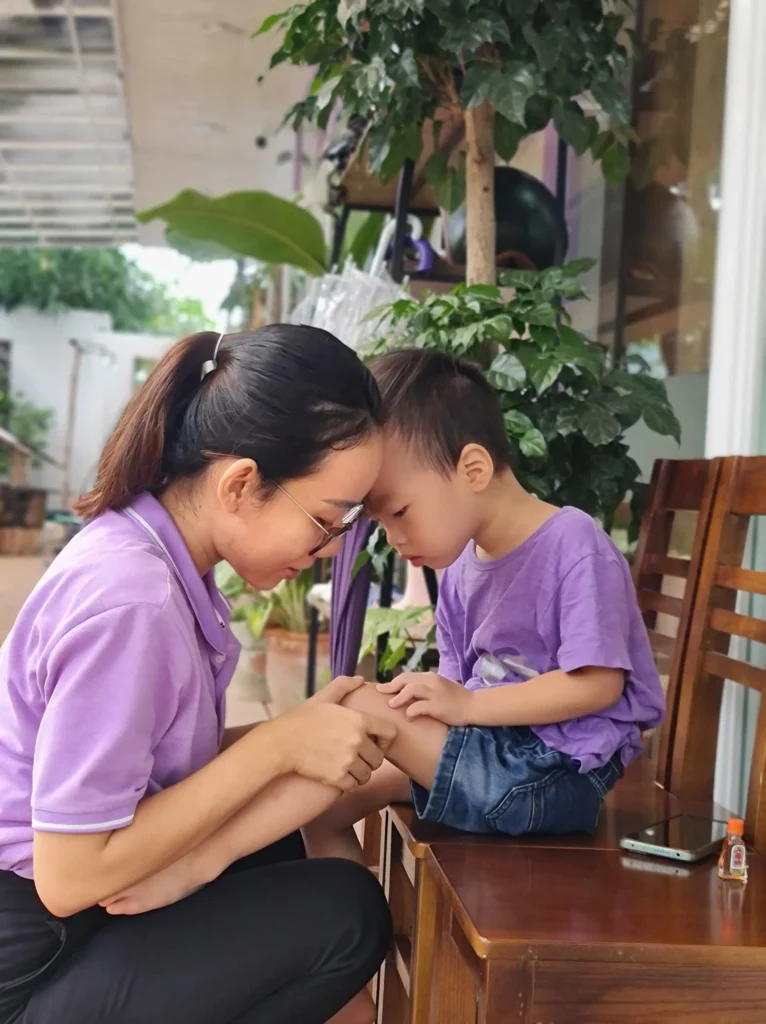
A compassionate teacher goes beyond the curriculum, considering the well-being of each student. Compassionate educators uplift and encourage their students, fostering a positive learning experience.
For several reasons, it is essential to nurture empathy and compassion from a young age. Empathy helps children in building and maintaining strong and healthy relationships with peers, family, and educators. It is crucial for social harmony and understanding. Developing empathy contributes to a child’s overall emotional intelligence, including the ability to manage their own emotions and understand others. Empathetic children are more likely to resolve conflicts constructively, without resorting to aggression or avoidance. Nurturing empathy in children lays the foundation for compassionate and understanding individuals.
A compassionate teacher goes beyond the curriculum, considering the well-being of each student. Compassionate educators uplift and encourage their students, fostering a positive learning experience.
For several reasons, it is essential to nurture empathy and compassion from a young age. Empathy helps children in building and maintaining strong and healthy relationships with peers, family, and educators. It is crucial for social harmony and understanding. Developing empathy contributes to a child’s overall emotional intelligence, including the ability to manage their own emotions and understand others. Empathetic children are more likely to resolve conflicts constructively, without resorting to aggression or avoidance. Nurturing empathy in children lays the foundation for compassionate and understanding individuals.
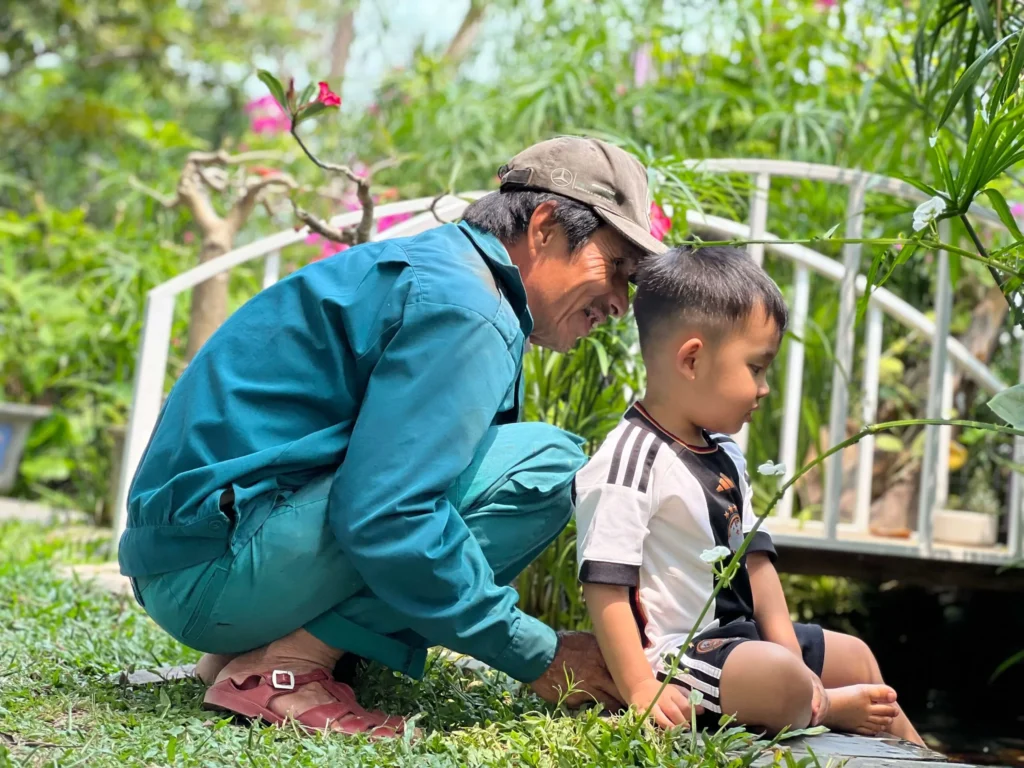
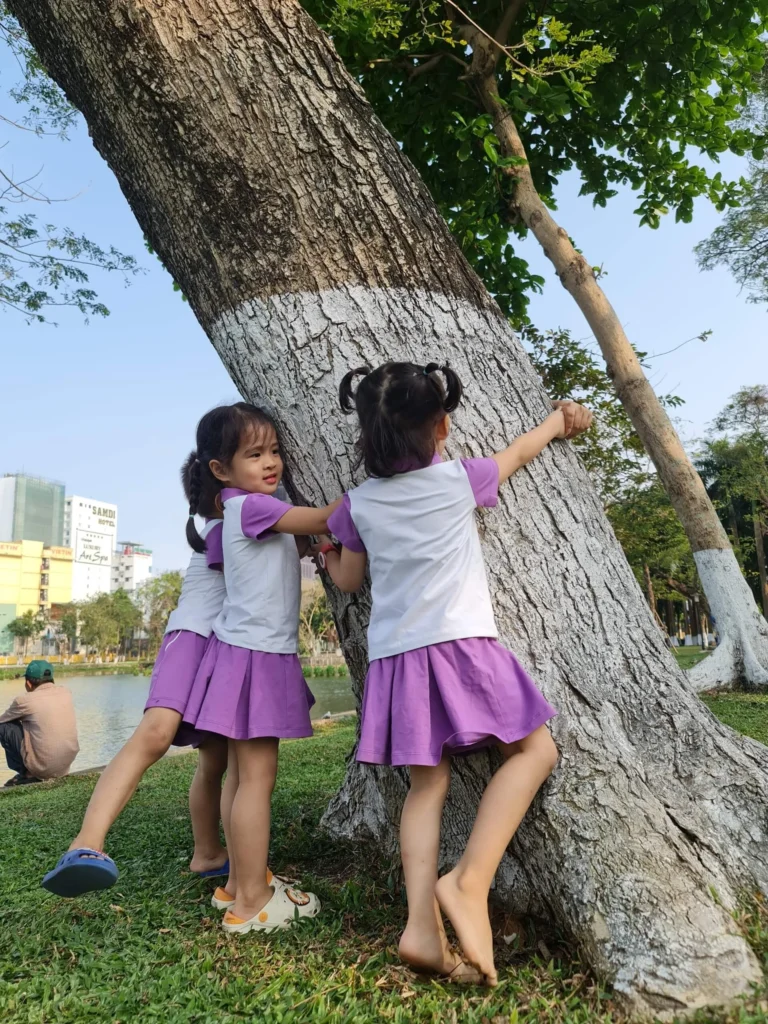
Children discover the world through play and reveal their creative abilities.
Without play, full intellectual development is impossible. Play is a huge open window through which a life-giving stream of concepts and ideas pours into the child’s spiritual world. Play is a spark, igniting the fires of inquisitiveness and curiosity.” – Vasily Sukhomlinsky
Play allows children to use their creativity while developing their imagination, skill, and physical, cognitive, and emotional strength. Play is important to healthy brain development. It is through play that children at a very early age engage and interact in the world around them. Play
allows children to create and explore a world they can master, conquering their fears while practicing adult roles, sometimes in conjunction with other children or adult caregivers. As they
master their world, play helps children develop new competencies that lead to enhanced confidence and the resiliency they will need to face future challenges. Undirected play allows children to learn how to work in groups, to share, to negotiate, to resolve conflicts, and to learn self-advocacy skills.
What does your child need to succeed in life? No one knows for sure what the future will hold. However, in a world economy that is rapidly being transformed by automation, digitalization, robotics, and artificial intelligence, employers and researchers are identifying a wide range of knowledge and skills as increasingly important. These competencies are not best cultivated when play is eliminated and scripted teaching and standardized testing are prioritized. In other words, we may be giving our children the opposite of the education they most need for their future: a chance to explore their curiosity, collaborate, and use their imagination to create new ideas that genuinely add value to the world.
“If we love our children and want them to thrive, we must allow them more time and opportunity to play, not less.” – Peter Gray
Today in 4Life, the parents, teachers, and children have joined together to build a great school built not on stress and fear but on play, joy, learning, and love. 4Life is such that the child and teacher will go to school with ecstatic joy. At home in the evening, after a fulfilling day, the child will talk about the things done during the day and will talk with pride.
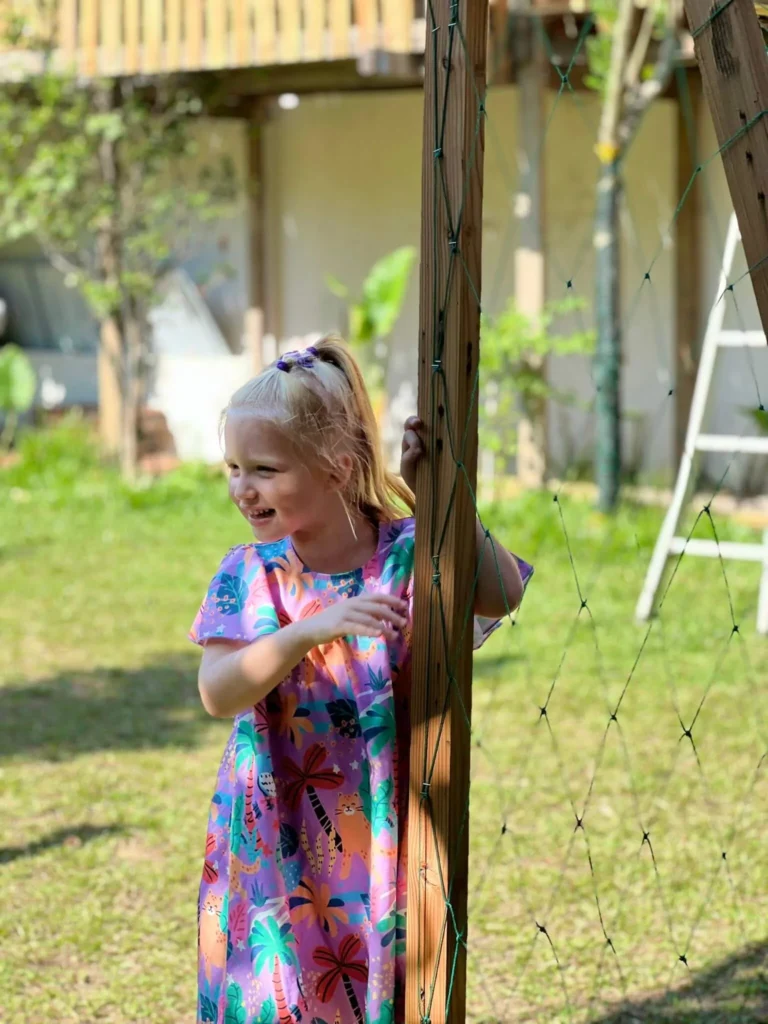
Four Elements of 4Life Happiness Philosophy
Enjoy happiness in life
We understand the importance of being happy in life, both now and in the future. Children foster happiness daily and lay the groundwork for a happy future because it is a journey, not a destination.
Inquiry learning through integration
We believe that inquiry-based learning throughout the integrated curriculum is vital to preparing young children to live safely, productively, and harmoniously in a global community on a planet whose very survival is at stake.
Every child is talented
We understand and respect individual abilities, helping children enhance their strengths and address their weaknesses through personalized lesson plans in a supportive environment, allowing them to blossom into their best selves.
A harmonious attitude
We understand the importance of being happy in life, both now and in the future. Children foster happiness daily and lay the groundwork for a happy future because it is a journey, not a destination.



